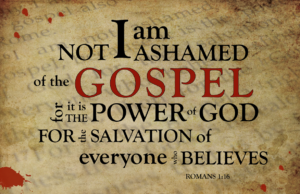The book of Esther is the story of a beautiful Jewish girl that was “adopted” by her cousin Mordecai after the death of her parents. At this time they, along with numerous other Jewish people, were living in the Persian capitol of Shushan. In due time Esther is chosen to become Queen of Persia, exalted from an orphan to royalty! Throughout the story there is a wealth of spiritual truths to be gained, too vast to explore them all in a short meditation. There comes a time when the enemy of the Jews plotted to destroy their population throughout all of Persia. Esther, whose nationality was unknown to the Persians, is informed of the plot by her cousin Mordecai who perceives that she has been strategically ordained by God to be the intermediary to save her people. This would not be an easy task, for her very life would be at risk. Nevertheless she agreed that after Mordecai had organized a total fast (a sign of intense desire for a desperate need) of the Jewish people who were in Shushan, she would make her identity known and intercede for the salvation of her people. While Esther is similar to Jesus in several ways, living in full submission, dependence, and obedience to God; fully identifying with her people; and giving up her right to live in order to save others, I see her also standing out as an example and lesson to the church today who are living in the midst of a godless society and among the people the enemy has slated for destruction, to make our identity known and step into our role of bringing Christ’s salvation to them disregarding personal ease and cost!
The role of Esther
By Rose Hill (taken from Esther 4 and Ephesians 6:18.)
Esther needed to talk to the king;
And her need was a desperate thing.
To get into his presence she needed to be,
In order to set her people free.
We also need to go to the King,
And our need is a desperate thing.
That we in His presence will be,
In order to set our people free.
